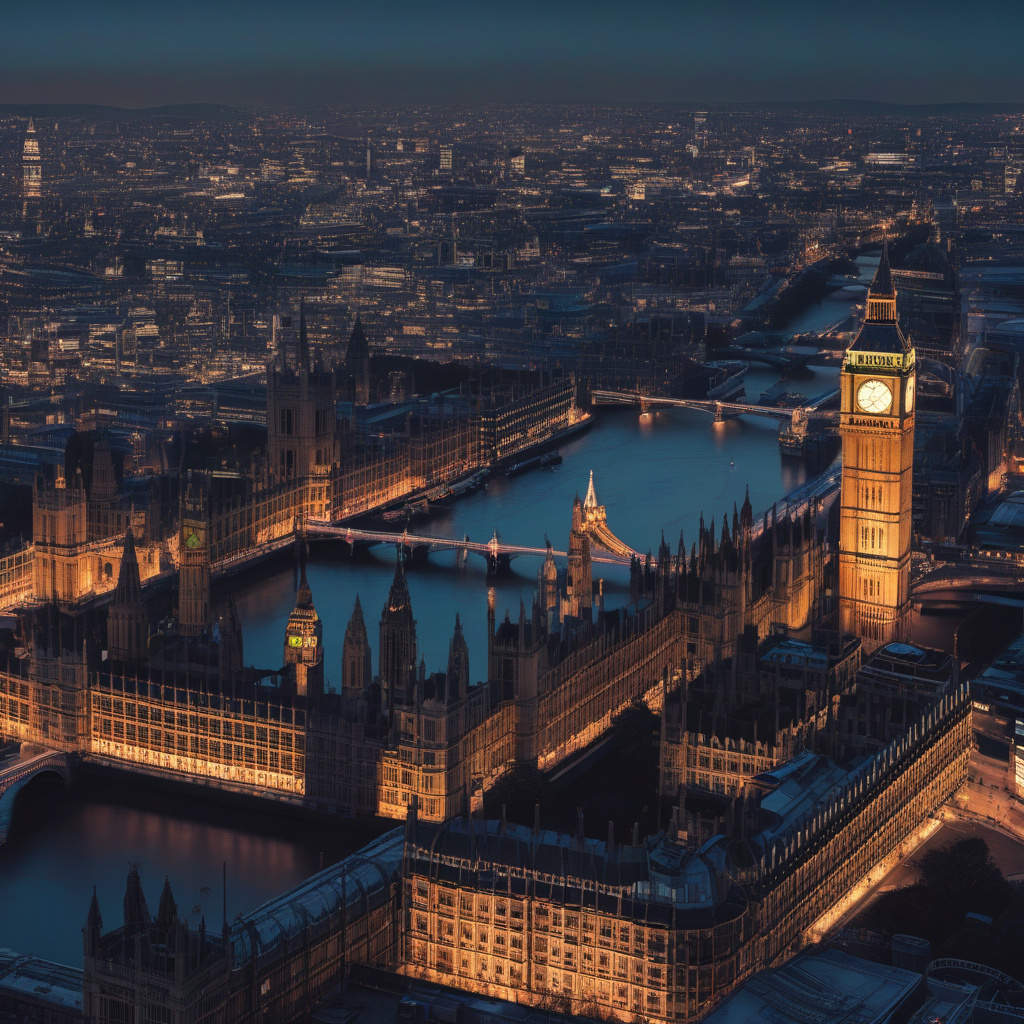VPN Usage Surges in the UK as Users Bypass Porn Site Age Checks
In the realm of online privacy and digital freedom, the United Kingdom has found itself at a crossroads with the introduction of new regulations surrounding age verification for accessing adult content on the internet. Critics argue that these laws not only pose a threat to user privacy but are also alarmingly simple to circumvent with the use of basic Virtual Private Network (VPN) services.
The UK government’s initiative to implement age verification checks on pornographic websites was aimed at protecting minors from stumbling upon explicit material online. However, the practicality and effectiveness of these measures have been called into question by both privacy advocates and tech experts. The concern lies in the potential risks associated with mandating users to input personal information, such as their age and identity, into these websites, creating a centralized database of individuals’ explicit viewing habits.
Moreover, the easily evadable nature of these age verification checks has raised significant doubts about their overall impact. By employing a VPN, users can mask their true IP address and location, effectively bypassing any restrictions or monitoring put in place by the government or internet service providers. This loophole not only undermines the intended purpose of the age verification system but also highlights the limitations of such regulatory measures in an increasingly digital age.
As a result of these concerns, there has been a notable surge in the use of VPN services across the UK. VPNs offer users a secure and encrypted connection to the internet, safeguarding their online activities from prying eyes, including government surveillance and invasive age verification checks. By rerouting their internet traffic through servers located in different countries, individuals can maintain their anonymity and access restricted content without fear of repercussion.
The rise in VPN usage reflects a growing trend towards prioritizing online privacy and data security in the face of expanding government regulations and corporate surveillance. In a landscape where personal information is increasingly commodified and vulnerable to exploitation, individuals are seeking out tools and technologies that empower them to take back control over their digital footprint.
Furthermore, the popularity of VPNs in bypassing age verification checks for adult content underscores the broader implications of such regulatory measures on user behavior and compliance. Rather than deterring individuals from accessing explicit material, these restrictions have inadvertently incentivized them to explore alternative means of circumvention, ultimately undermining the efficacy of the government’s intended goals.
In conclusion, the surge in VPN usage in the UK as a response to bypassing porn site age checks highlights the complex interplay between regulation, privacy, and individual autonomy in the digital realm. As technology continues to evolve and adapt to meet the changing needs of users, it is essential for policymakers to consider the unintended consequences of their actions and strive for a balance between security and freedom in the online world.
privacy, VPN, UK, age verification, online security
